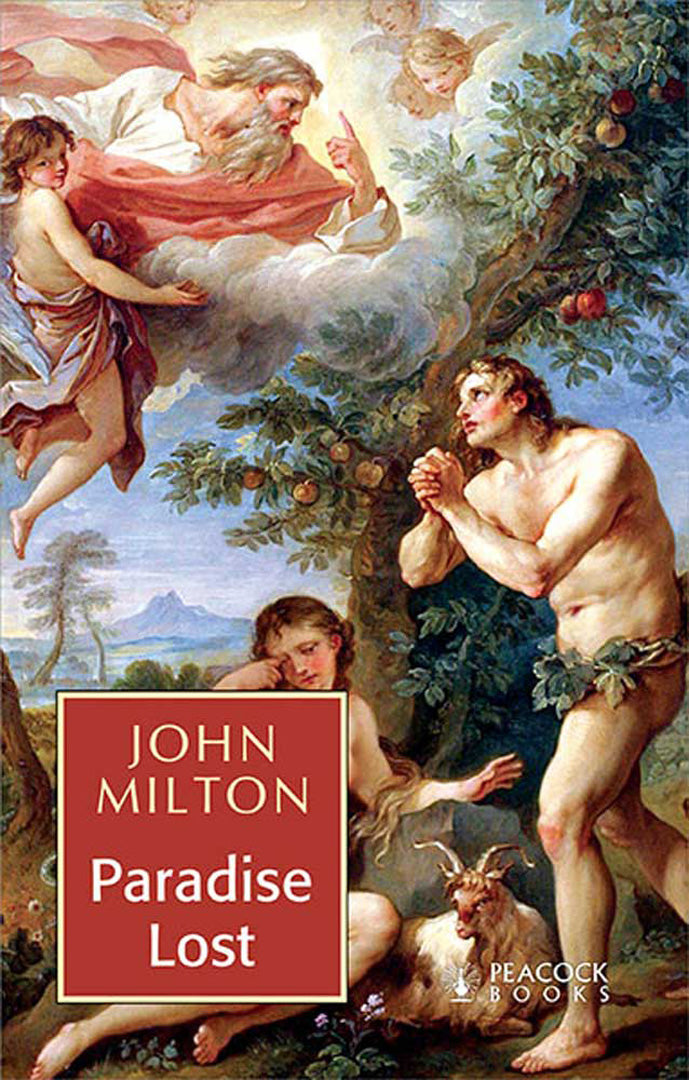Paradise Lost
Paradise Lost
John Milton
Couldn't load pickup availability
Share

More Information
- ISBN13:
- Publisher: Atlantic Publishers & Distributors (P) Ltd
- Publisher Imprint: Peacock Books
- Publication Date:
- Pages: 292
- Binding:
- Item Weight:
- Original Price:
About The Book
Milton’s magnum opus, Paradise Lost, an epic poem in blank verse, was composed during the period 1658 to 1664. The first version, published in 1667, comprised ten books with over ten thousand lines of verse. The second edition published in 1674 is arranged into twelve books with minor but significant revisions throughout and a note on the versification. It is considered by critics to be Milton’s major work, and firmly established his reputation as one of the greatest English poets of his time.
The poem concerns the Biblical story of the Fall of Man: the temptation of Adam and Eve by the fallen angel, Satan and their expulsion from the Garden of Eden. Milton’s purpose, stated in Book I, is to “justify the ways of God to men”.
Milton’s story has two narrative arcs, one about Satan (Lucifer) and the other following Adam and Eve. It begins after Satan and the other rebel angels have been defeated and banished to Hell (Tartarus). In Pandæmonium, Satan, aided by Mammon and Beelzebub, employs his rhetorical skill to organise his followers. At the end of the debate, Satan volunteers to poison the newly created Earth and God’s new and most favoured creation, Mankind. He braves the dangers of the Abyss alone in a manner reminiscent of Odysseus or Aeneas. After an arduous traversal of the Chaos outside Hell, he enters God’s new material World, and later the Garden of Eden.
The book ends when Adam and Eve are cast out of Eden, and Michael says that Adam may find “a paradise within thee, happier far”. Adam and Eve also now have a more distant relationship with God, who is omnipresent but invisible.
Besides the theme of man woman relationship, the book presents a criticism of idolatry. In Book XI, when Adam tries to atone for his sins by offering to build altars to worship God, the angel Michael explains that Adam does not need to build physical objects to experience the presence of God.
Samuel Johnson praised Paradise Lost as “a poem which...with respect to design may claim the first place, and with respect to performance, the second, among the productions of the human mind.”
About The Author
John Milton (9 December 1608-8 November 1674) was an English poet, polemicist, man of letters, and civil servant for the Commonwealth of England under its Council of State and later under Oliver Cromwell. He wrote at a time of religious flux and political upheaval, and is best known for his epic poem Paradise Lost, written in blank verse. Together with Paradise Regained and Samson Agonistes, it confirms Milton's reputation as one of the greatest English poets.

